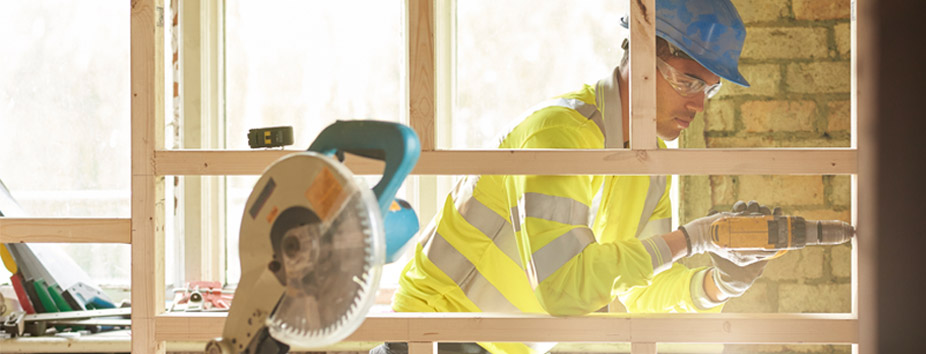Car lease vs hire purchase: what’s the difference?

3-minute read

3-minute read
If you’re thinking about leasing a car or equipment for your business and are weighing up your options or you aren’t sure if a lease or hire purchase is the right decision, we’re here to help you get familiar with the pros and cons.
A hire purchase is an agreement between your business and a lender to buy a vehicle or equipment over an agreed period. The lender buys the vehicle at your request and gives your business possession and use of it in return for regular payments. When the final payment is made, ownership of the vehicle or equipment is transferred to your business. Your business can generally claim interest component on payments and tax depreciation if the asset is used to produce income.
The pros:
The cons:
A lease allows you to use the vehicle or equipment for an agreed period in return for regular payments. The lender buys the vehicle or equipment at your request and rents it to you for the agreed period. Once this period ends, you may be able to purchase the vehicle or equipment from the lender, or to return it to the lender. If the asset is used to produce income, your business can usually claim the lease payments.
The pros:
The cons:
It comes down to the needs and objectives of your business, along with your financial situation. A lease may suit you if you need a vehicle or equipment for a fixed period and want to be able to upgrade to another vehicle at the end of the lease, while a hire purchase might suit you better if you want to buy the vehicle or equipment in instalments, but don’t want to pay the entire amount in one go and need to keep your cash flow available for business expenses.
Get an online quote to find out what your repayments could be.
This information is general in nature and has been prepared without taking your objectives, needs and overall financial situation into account. For this reason, you should consider the appropriateness of the information to your own circumstances and, if necessary, seek professional advice.
The taxation position described is a general statement and should only be used as a guide. It does not constitute tax advice and is based on current tax laws and their interpretation. Customers must seek their own independent tax advice in relation to their individual circumstances.
The information referring to a ‘lease’ excludes novated lease arrangements and luxury car leases.